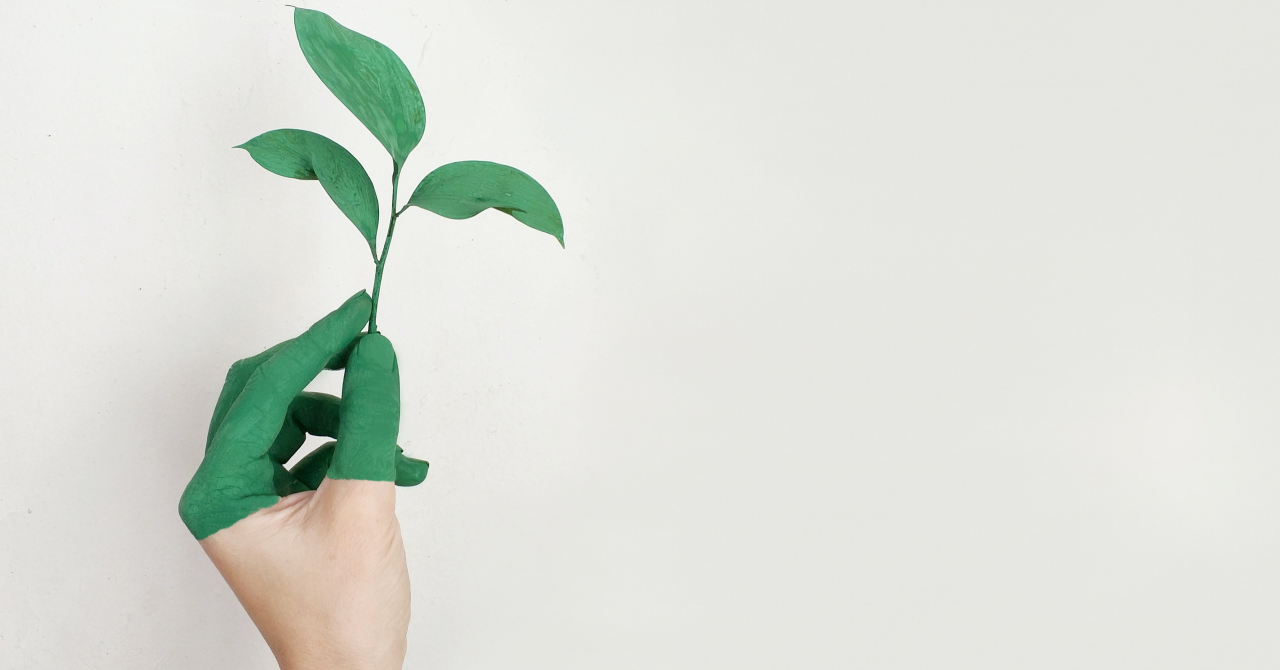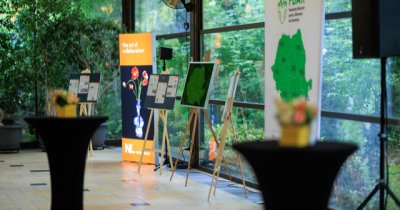Since we've written about a number of sustainability-focused startups, we've learned that many of today's industries can implement greener solutions in order to help the environment and improve a product or a service for the consumers.
Re-imagining the toothbrush with Reswirl
Reswirl is a startup that aims to change the way people replace their toothbrushes, a hygiene tool that we use on a daily basis.
The company offers a sustainable and convenient solution to its subscribers, which can opt to have their toothbrush replaced on a quarterly or annual basis.
The sustainability factor comes in the way that used toothbrushes can be sent back to the company, which recycles them into new toothbrushes.
This could help reduce the waste created by around 3.5 billion toothbrushes that reach landfills annually.
Change the way you move around the city
Urban mobility can be quite a challenge, especially in a crowded metropolis, which is why ride sharing services can help relieve some of the traffic jams.
Of course, the ideal solution is that everyone goes on foot or uses public transport and bikes for moving around, but the truth is that sometimes you might need to carry some groceries or take someone to or from the hospital urgently, for example.
This is where solutions such as microcars can prove very useful.
Squad Mobility is one company focused on that, as the Dutch startup aims to offer a strong alternative to the ever-present car that people use for mobility.
Other big car brands, such as Renault and Citroen already offer microcar solutions, in the shape of the Twizzy and the Ami, but Squad Mobility's solution might be better, due to the fact that it can recharge itself via the integrated solar panels.
In fact, company officials claim that the car can get as much as 20 km-worth of range in a sunny European day.
The car is lightweight, can have its doors removed and has a roomy interior, despite the fact that it is very compact.
It can also be parked transversally on a conventional spot, meaning that three of these small vehicles can take up the space of a normal car.
Grape-skin shoes, the latest trend in sustainable fashion
The fashion industry is getting more sustainable than ever, with companies such as Nike and H&M constantly offering customers solutions that make a difference on the environment.
Lerins is a sneaker manufacturer that takes that one step further, no pun intended, as it manufactures casual footwear from grape skin left over from the wine industry.
Daniel Rubin, the founder of the company, comes from a family that's been invested in fashion for many generations and he has another footwear brand founded back in 1992, called Dune.
Durability is one thing that people may be concerned when it comes to such a product, but Lerins says that people shouldn't worry, as the sneakers are combined with vegetal oils and natural fibers to increase the strength.
Fish-based leather products can save ecosystems
While sustainability mostly focuses on alternative materials with the aim to reduce the use of animal-based products, sometimes we need to act in reverse.
Inversa does exactly that, as the company looks to restore the ecosystems affected by invasive species in the Caribbean, the Atlantic and in other places.
The company's current focus is the lionfish, which is an invasive species that doesn't have any natural predators in the aforementioned areas and have caused massive damage to these ecosystems.
To solve this problem, the company encourages fishermen and divers to catch lionfish, which is then cleaned up and served at restaurants.
The leather is used for fashion products and accessories, such as watch straps and wallets, due to its strength and flexibility.
Inversa now plans to move towards dragon fin, another fish that was artificially introduced in rivers in the US and disrupted ecosystems in the area.
 Mihai - Cristian Ioniță
Mihai - Cristian Ioniță












Any thoughts?